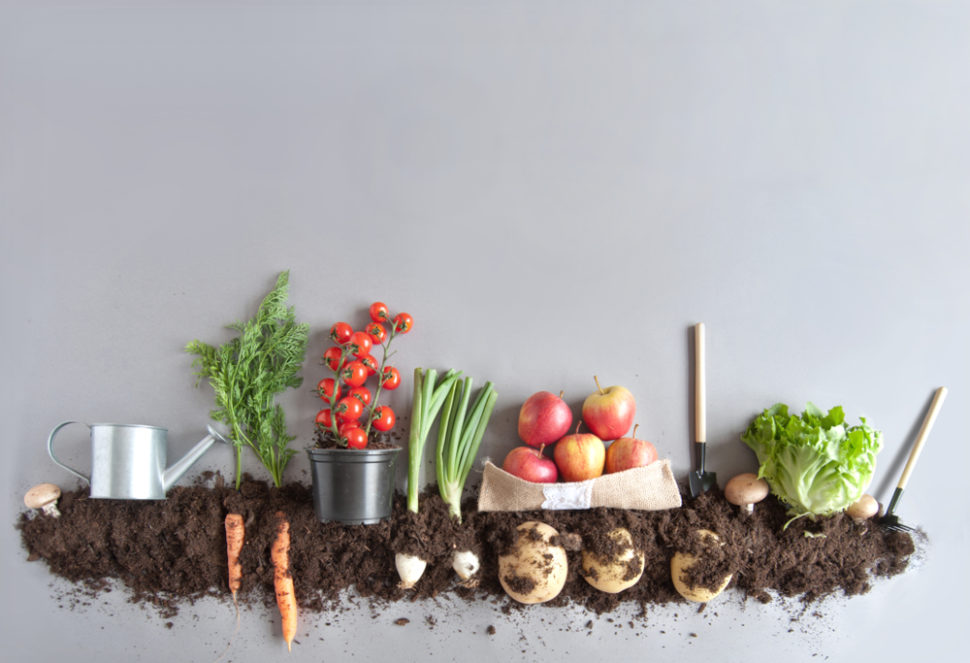A new study shows how organic farming is worse for the environment than non-organic farming.
In environmental terms, the way we produce food is critical.
Agriculture is a major source of greenhouse gas emissions. Furthermore, many pollutants that largely affect global ecosystems come from agriculture.
For many people, organic food is an option for a healthy and sustainable diet for their body and the environment.
Contrary to what many would be led to believe, there’s no scientific support to the claim that organic food is better or healthier.
In reality, the halo of organic food comes more from marketing than scientific fact. Campaigns against products like GMOs and gene-edited crops also helps to boost organic food’s reputation.
Now, as a new study shows, the argument against organic products also involves their environmental impact.
Organic Products Don’t Deserve the “Green” Label
There’s no quick definition of what organic food means.
In the U.S., where millions of consumers swear by the “organic” green seal, the USDA and the FDA heavily regulate organic labeling.
For crops, organic farming requires more land than conventional methods by excluding the use of pesticides, synthetic fertilizers, and other chemicals.
For animals, that means feeding them organically and avoiding the use of antibiotics.
In that sense, before the development of intensive agriculture methods in the 20th century, plant and animal products in the world were all organic.
So, it stands to reason that environmental sustainability calls for organic farming.
Right?
As shocking as that might sound to some clean eaters, organic products are worse for the environment, because they require greater land use, says a new international study.
“Our study shows that organic peas, farmed in Sweden, have around a 50 percent bigger climate impact than conventionally farmed peas. For some foodstuffs, there is an even bigger difference – for example, with organic Swedish winter wheat the difference is closer to 70 percent,” says Stefan Wirsenius, a research team member.
Read More: The Future of Gene-Edited Crops Relies on You
To yield the same amount of food organically, farmers have to make up for the absence of fertilizers by using much larger areas of land.
“The greater land-use in organic farming leads indirectly to higher carbon dioxide emissions, thanks to deforestation. The world’s food production is governed by international trade, so how we farm in Sweden influences deforestation in the tropics. If we use more land for the same amount of food, we contribute indirectly to bigger deforestation elsewhere in the world.”
The team used a new metric called “Carbon Opportunity Cost” which evaluates the land-use impact on the environment by taking into account “the amount of carbon that is stored in forests, and thus released as carbon dioxide as an effect of deforestation.”
So do these findings mean you should stop buying organic food altogether?
Researchers say consumers should focus more on the type of food, for example, “eating organic beans or organic chicken is much better for the climate than to eat conventionally produced beef.”
Animal welfare is one of the advantages of organic food has that researchers cite. “But when it comes to the climate impact, our study shows that organic food is a much worse alternative, in general.”


















It so hard to believe that organic farming has bad impact? Regular farming the used pesticides makes soil nutrients disappear on the contrary organic farming revive the land nutrients.
Hey Anthony, it’s simply because the greater land-use in organic farming leads indirectly to higher carbon dioxide emissions.